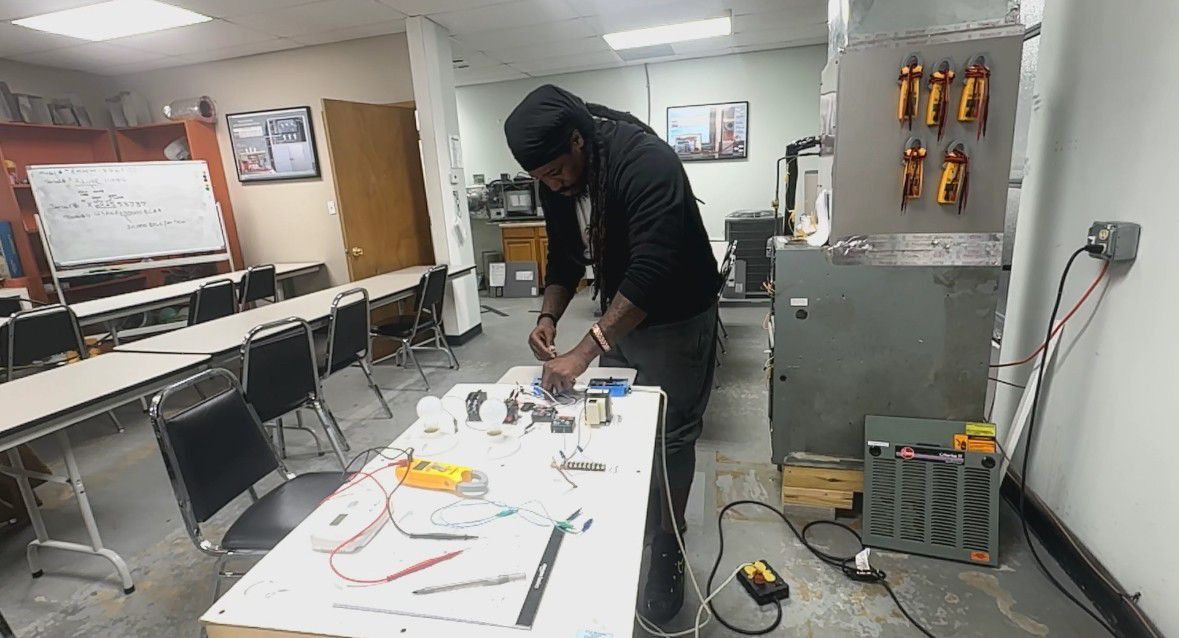CHARLOTTE, N.C. — As the school year starts several universities have had to adapt to the changing technology that is ChatGPT, an artificial intelligence program that could help or hurt some students. Johnson C. Smith University is one of the many schools tackling the problem this year.
Director of the Center for Innovative Teaching and Learning Dr. John Bannister knows firsthand what it’s like to navigate that changing technology.
“I love working with faculty. I love seeing that light bulb moment in faculty and students, and I like the fact that with all of the change that is going on with technology and everything else, we are actively finding ways to push the envelope,” Bannister said.
Bannister’s 14 years of experience working in education has helped him become a part of the changing landscape.
“I’m willing to learn and help people learn. I enjoy helping people try new things and make mistakes and recover from them,” Bannister said.
This year, the school has worked hard to navigate ChatGPT, the AI program that allows users to create dialogue at their fingertips, but in some cases can help students cheat.
“We know we need to allow our students to understand what the tool is used for, but we need to kind of be guardrails with how they use it, because it's not going anywhere. There are some very good ways for us to use it, we just have to ensure that we uphold the integrity of academia,” Bannister said.“We know we need to allow our students to understand what the tool is used for, but we need to kind of be guardrails with how they use it, because it's not going anywhere. There are some very good ways for us to use it, we just have to ensure that we uphold the integrity of academia,” Bannister said.
Johnson C. Smith University is trying to get ahead of the curve with an open-minded approach, and Bannister says that is being done by providing staff with seminars around the topic while also giving professors the option to decide how the program is used in their classrooms without banning it entirely from campus devices.
“Professors may use it as a way of framing and kind of scaffolding what they teaching, so it really depends on the department and maybe even down to the individual faculty member. I’m encouraging a lot of our faculty to play with it and then see what they take from it, as opposed to saying, ‘well, this is just going to cause a problem and cause confusion,'” Bannister said.
Bannister also says the program shouldn’t be turned away entirely, as staying ahead of technology could help students excel in their careers.
“It's very important for students because, at the end of the day, the jobs of the future will likely require you to have some experience with it. What better way to get that experience than being in school and using it there?” Bannister said.
The upcoming school year will be a trial for the app, but Bannister hopes that they can use it to help students and the university to excel.
“I love dealing with the fears and the anxiety. But then seeing on the other side is like, 'oh, this is not as bad as I thought it was.' I’ll say with any technology, at least try to break it and then find ways that you can integrate it into your own toolkit that works for you,” Bannister said.










